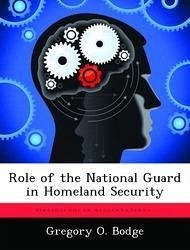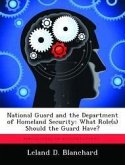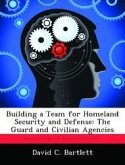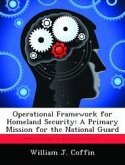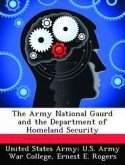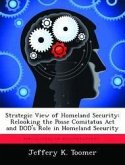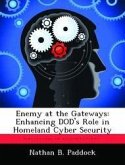The purpose of this monograph is to determine what role the National Guard should perform in homeland security. The establishment of the Department of Homeland Security and the United States Northern Command has created new organizations to assist in homeland security, but neither has fully integrated the National Guard into it planning or fully assessed its capabilities. This topic is particularly pertinent after the attacks on 11 September 2001, and the aftermath of Hurricane Katrina. Both events exposed flaws in the planning and execution in the use of the National Guard for homeland operations. While organizational and legal changes have been made at the federal and state levels, there are still questions as to the role of the National Guard in homeland security. This monograph will evaluate the National Guard's possible integration in the context of the Department of Defense's contribution to homeland security: military missions overseas, homeland defense, and support to civil authorities. The evaluation will include the National Guard's unique legal capabilities in the military, its organization and relationship to the local populace, and its historical use in homeland security and as a reserve component of the military. The conclusion is that the National Guard's history, legal capabilities, and inherent ties with the local and state communities and government poise the National Guard to be the country's primary homeland security force. In order to enhance its capabilities, the National Guard Bureau must be integrated into both the United States Northern Command and the Department of Homeland Security and planning considerations must be discussed with governors and state National Guard officials, unity of command and unity of effort must be deconflicted during homeland operations, and mobilized National Guard units operating within the United States must not be federalized in order to ensure that it can still perform law enforcement operations while mobilize
Hinweis: Dieser Artikel kann nur an eine deutsche Lieferadresse ausgeliefert werden.
Hinweis: Dieser Artikel kann nur an eine deutsche Lieferadresse ausgeliefert werden.

